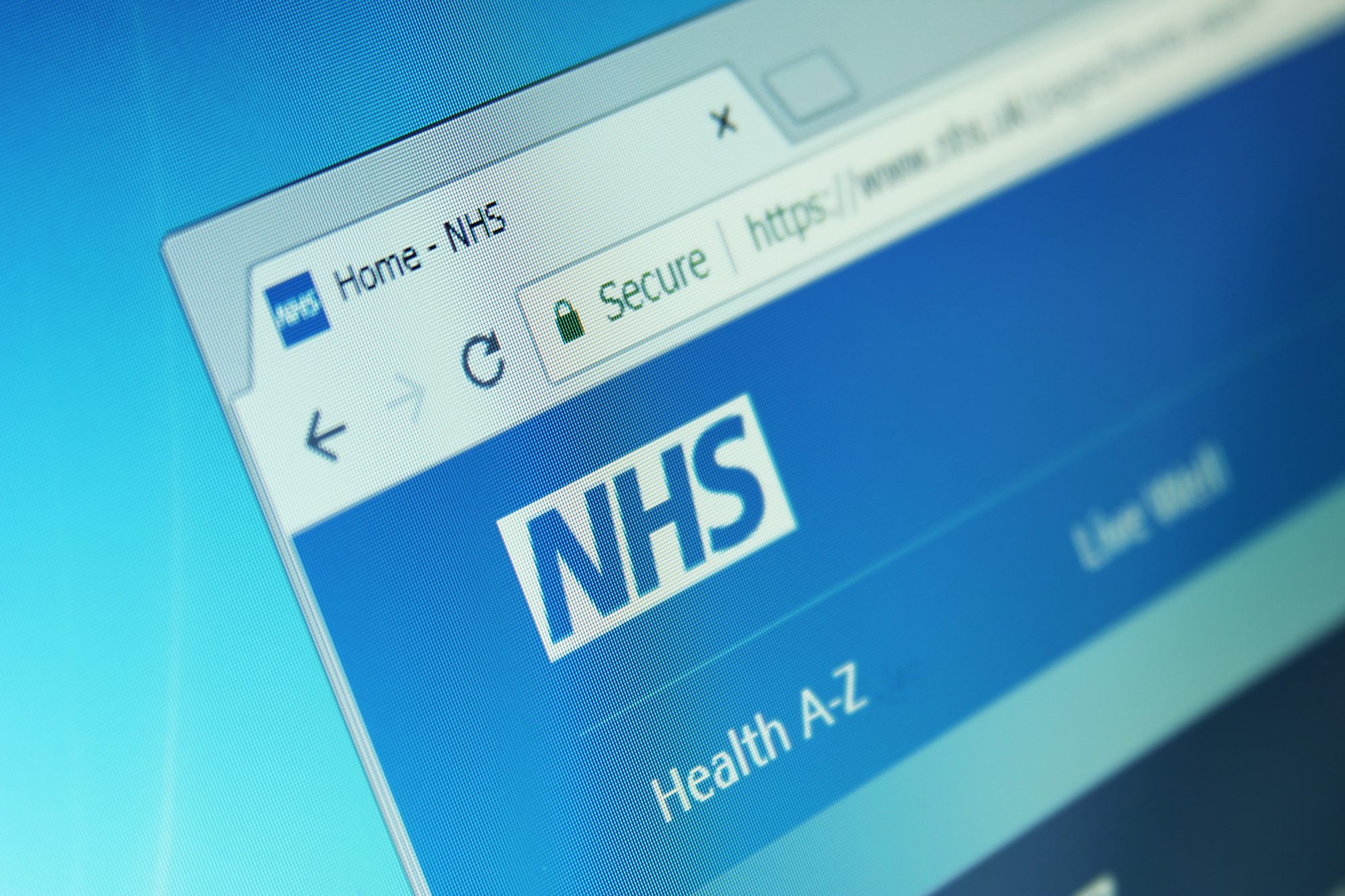Brian Jones, Chief Executive at Partnership of East London Co-operatives, shares his thoughts on procurement frameworks in the NHS including the GP Futures Framework
The NHS is one of the best healthcare bodies in the world, however, it is wrought with process and red tape, which makes it difficult to deliver innovative new ways of transformation through new technology and IT programmes… until the GP Futures Framework.
It’s important to state that these processes are there for a reason; to keep patients safe. However, finding safe and efficient reform is the key to rapid improvement of services, while saving money on procurement.
In order to deliver the reforms that are needed, the NHS needs to ensure that the foundations within primary care are sufficiently embedded to support the seismic changes that the wider system requires to deliver high-quality patient care, within the context of an integrated care approach.
However, GP practices are independent businesses that looks for solutions that suit their own requirements, and this disjointed approach between what the system wants versus the requirements of large numbers of practices, at scale, causes delays and challenges in moving forward.
The GP Futures Framework is a big leap in the right direction. The framework turns the slow and expensive contractual system on its head and gives GP’s access to a marketplace of rigorously-tested solutions. A GP can look at each solution, review the benefits and begin the journey of implementation. As with any marketplace, the competition will fuel innovation and the constant improvement of these solutions – ensuring the NHS is on the front foot in regards to the latest IT systems and services.
Service-driven
As the medical needs of people in the UK change and the NHS experiences increasing demand – data and innovation will be absolutely crucial in making sure the NHS is as agile as possible. So, if hospitals, GP consulting rooms and emergency services are operating with a lean workforce – as we know they are currently, with record numbers leaving the NHS – the staff must be supported by cutting-edge in systems and services to ensure effective primary care.
It’s imperative that all systems are integrated, enabling all the different parts of the healthcare system, whether that be acute, primary care or urgent and emergency care, to have oversight of the patient at all times.
In reality, it’s the job of senior management to guarantee this happens, ensuring that not only that the services provided are efficient, but that staff are properly supported through the most demanding of times.
Data management
Not only do new models of care, which are essential for progression, need new IT solutions in order to run effectively, making new solutions will unshackle the NHS to rethink how primary care is delivered and ask the question: “what is the best way to treat this patient” – ensuring that we take into account what’s best for the patient, what’s best for the organisation and what’s best for the staff administering the care.
These questions are answered with proper data management. Nothing happens without data and information and it’s impossible to overstate the sheer volume of data in the NHS – medical records, history of medication, number of people using a service, trends in various ailments – not to mention in-house data, such as supplies and employee data. The effective communication of this data between services can sometimes be a matter of life and death. The benefits of new technology and IT systems to store, sort, analyse and act on this data could be extremely beneficial to ensure those on the front-line are properly and fully informed.
Presuming they all pass rigorous evaluation, the 69 solution suppliers, that the NHS has given intention to award framework agreements to, would greatly broaden the primary care market and allow GPs to decide and buy the solutions which best suit their needs.
This will be the beginning of a new era for the NHS where the differing and altogether separate needs of GP practices up and down the country can be served effectively whilst keep procurement time and costs low.
Treating the health of patients so often has a myriad of factors out of our control. This is why it’s more important than ever that, what we can control, we get right.











